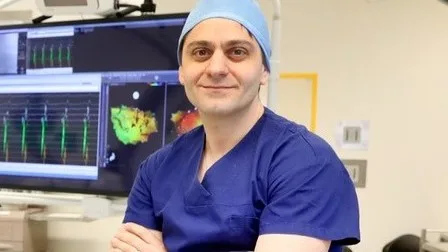It may have taken nearly a decade of research but Professor Peter Psaltis and his team at the South Australian Health and Medical Research Institute (SAHMRI) have made an important breakthrough.
The SAHMRI scientists discovered a new type of cell that potentially could enhance the future of tissue repair and regeneration.
This discovery, led by Professor Psaltis, has been published in Nature Communications.*
Cells with similar functions have been theorised to exist for more than a century however, until now, had never been found. The researchers isolated the cells from mice, grew them, then observed them forming colonies.
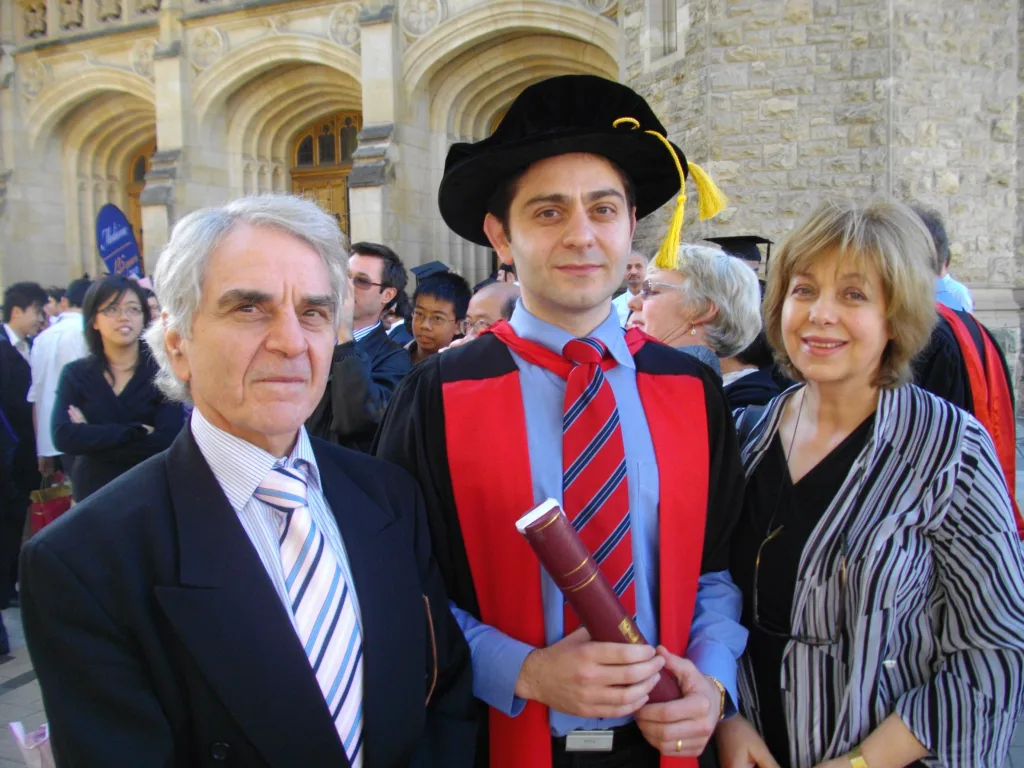
These colonies have been tested in diabetic mouse models, including Type 1 diabetes where they have shown remarkable improvements in wounds that normally wouldn’t heal.
Prof Psaltis said this new type of stem cell discovery is found in different tissues of the body and that researchers were able to track them in ‘very early embryonic development’.
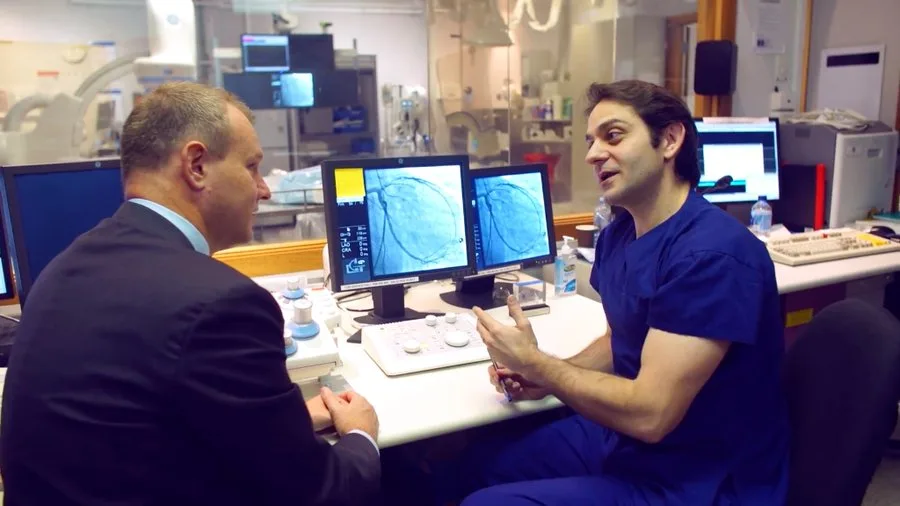
“Scientists have speculated for a hundred years that there might be stem cells that can perform the function of producing both endothelial cells (the building blocks of blood vessels) and inflammatory cells, but it’s been very hard to demonstrate this,” Prof Psaltis explained.
“What’s unique about these stem cells is that they are important for building new blood vessels but at the same time they also are important for what we call inflammation.
“Inflammation is your body’s response to disease and injury. Depending on the specific situation it can either do good things or bad things for our health.
“The work that we have published so far focuses on these stem cells in the walls of arteries, especially aorta.”
The SAHMRI researchers are excited about their new stem cell discovery and how it might help future research in the long term develop new treatments. For example, in the management of skin wounds and ulcers, and to create better blood flow in people who have blockages in different arteries, such as those to the leg.
“We’re now looking at how the stem cells taken from muscle and skin might be involved in helping those tissues heal themselves when they have an injury,’’ he said.
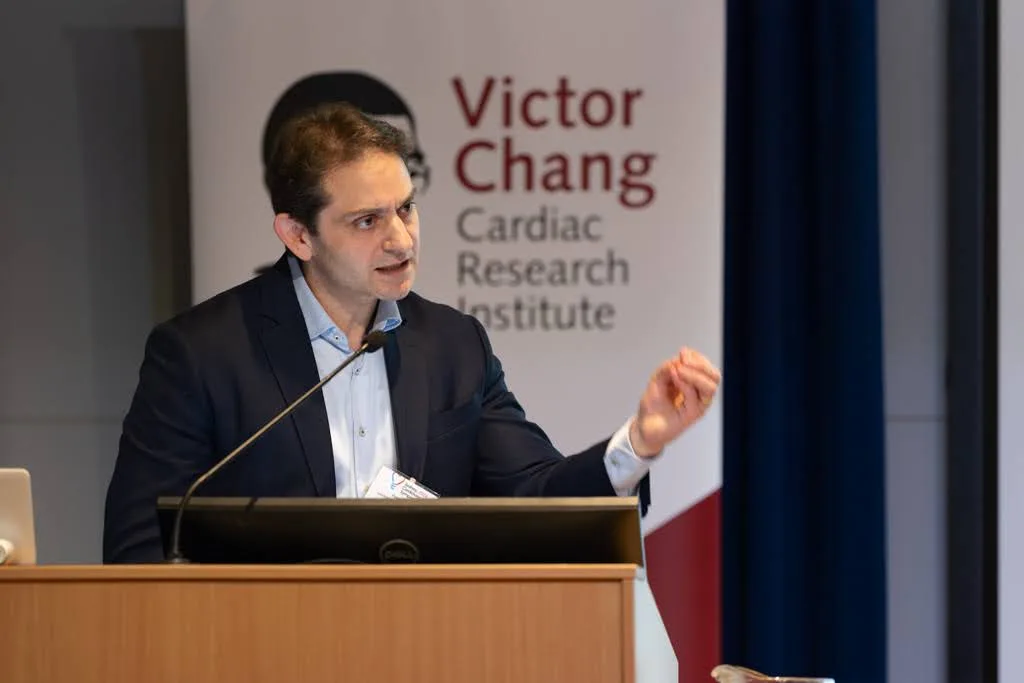
“This might help us in the future find new ways to treat people who have got an ulcer on their foot that is not healing because they don’t have enough blood flow and are at risk of needing an amputation.”
In addition to being the Deputy Director of SAHMRI, Prof Psaltis also co-leads its largest department, the Lifelong Health Theme, which studies different health conditions that develop throughout the lifespan, such as heart disease, dementia, chronic pain, Parkinson’s disease, diabetes, obesity and gut health.
He also leads SAHMRI’s Heart and Vascular Health Program and co-directs its Vascular Research Centre with 20 scientists.
Prof Psaltis is also the Head of Interventional Cardiology at the Royal Adelaide Hospital and does clinical work both there and at the Queen Elizabeth Hospital and also teaches and is a researcher in the Adelaide Medical School at the University of Adelaide.
“The people who work directly on my projects number between 10 and 20,” said Prof Psaltis.
“My department (SAHMRI) that I look after, is more than 300 people and focuses on many diseases of the heart, many diseases of the brain, metabolic disease, diabetes, obesity, but because I’m a cardiologist, my research is focused on diseases to do with blood vessels in the heart.”
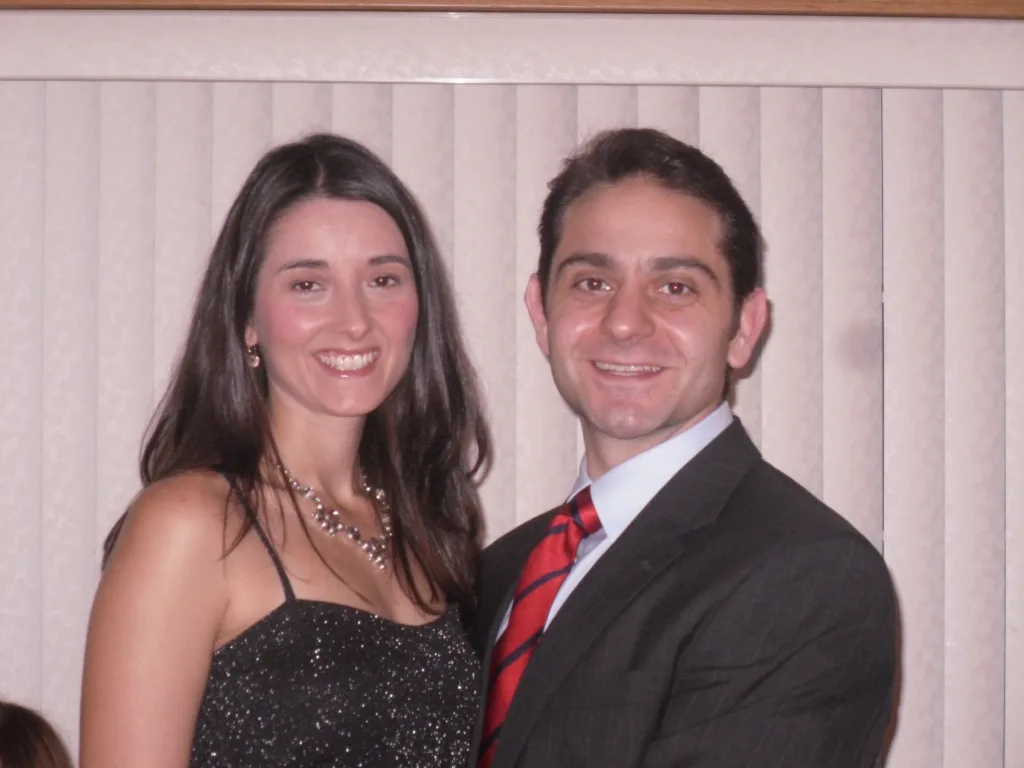
He is a second-generation Greek Australian as one of two sons of Greek migrants, Jim (a retired Adelaide GP) and Lela (previously a school teacher). His family roots are from Meligala (near Kalamata), Chios and the Black Sea port-city of Sinope.
Prof Psaltis is married to Maria and has four children who range in ages from nine to 22.
“Outside of work, family time is my priority along with exercise to keep myself as healthy as possible,” he said.
*This discovery was the result of a multidisciplinary collaboration between researchers from SAHMRI, the University of Adelaide, the Baker Institute and La Trobe University.
